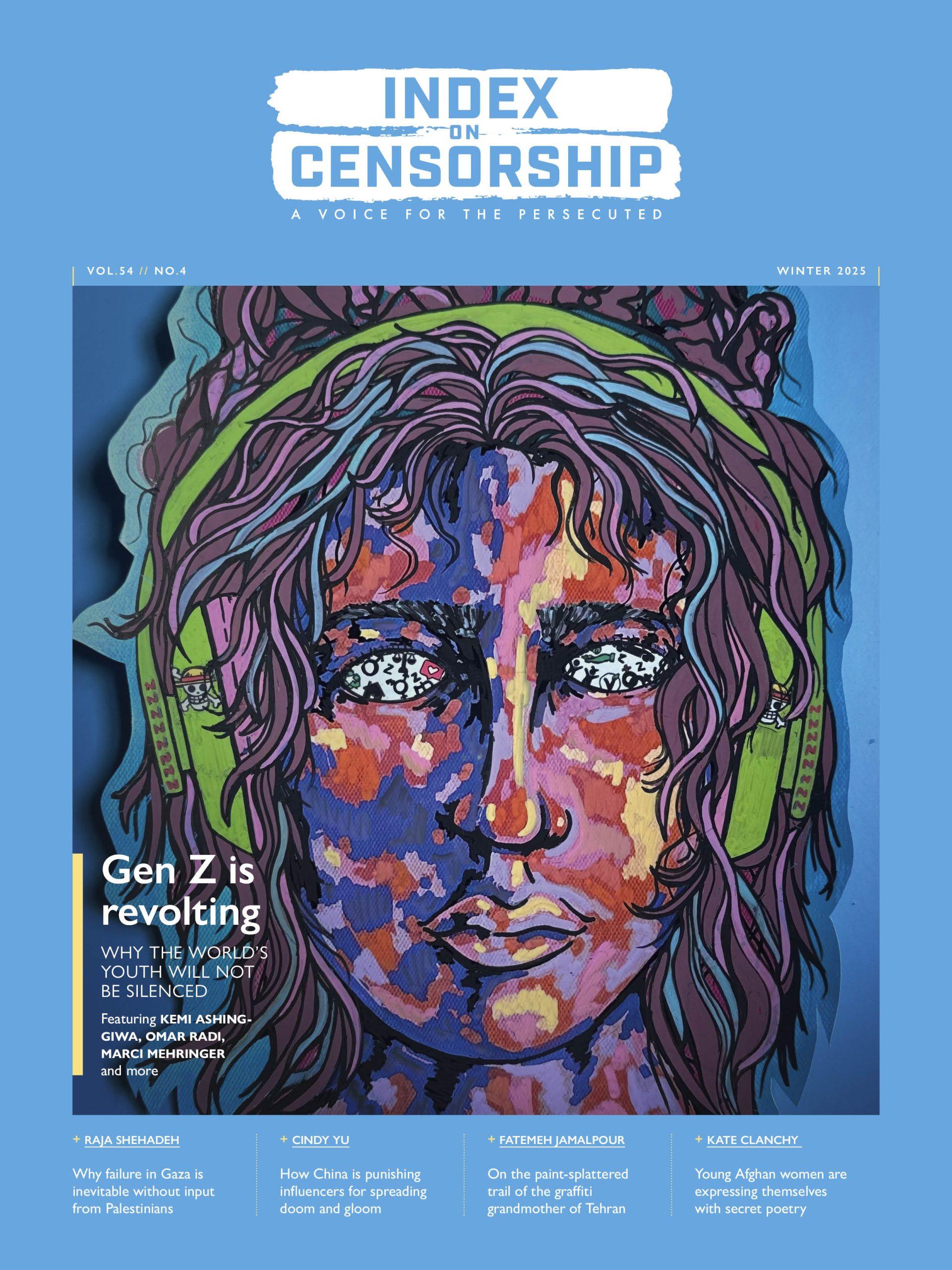
The Foreign and Commonwealth Office has lost an appeal to prevent the release of a document that formed part of the government’s case for invading Iraq.
The document was written by John Williams, then Head of News at the Foreign Office. It formed part of the drafting process of the dossier ‘Iraq’s Weapons of Mass Destruction’, which asserted that Saddam Hussein had weapons of mass destruction which could be deployed within 45 minutes. The dossier, published in 2002, was central to the government’s argument for invading Iraq. The furore which followed BBC journalist Andrew Gilligan’s claim that the document was ‘sexed up’ led to the resignation of the director-general Greg Dyke and chairman Gavyn Davies after the publication of the Hutton Report.
The government had claimed that the dossier was the work of the Joint Intelligence Committee, but the draft is evidence that government spin doctors had a hand in the process.
The Information Tribunal’s decision (pdf) today is a testament to the remarkable persistence of researcher Chris Ames, who has been pursuing the origins of the dossier for three years.
The Foreign Office objected to the document’s release on the grounds that it would prejudice the effective conduct of public affairs. The Information Tribunal dismissed the appeal, ruling that there was a strong public interest in its release. However, it agreed that handwritten comments on the document should be blacked out. The Foreign Office successfully argued that their disclosure would damage international relations.
Chris Ames told Index today:
‘It’s fantastic that the tribunal has not only rejected the Foreign Office’s appeal but poured cold water over its claim that the Williams draft played no part in the production of the Iraq dossier.
‘The tribunal makes very clear why the draft should be released and I would urge the Foreign Office to end the cover-up now. I’m disappointed that the tribunal has allowed the Foreign Office to black out the comment, particularly as the government made no such request when it eventually handed the draft over to the Hutton Inquiry.
‘Freedom of Information works—but only up to a point. I first asked for the Williams draft three years ago.’




